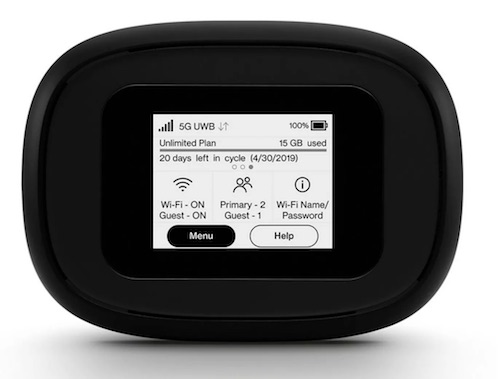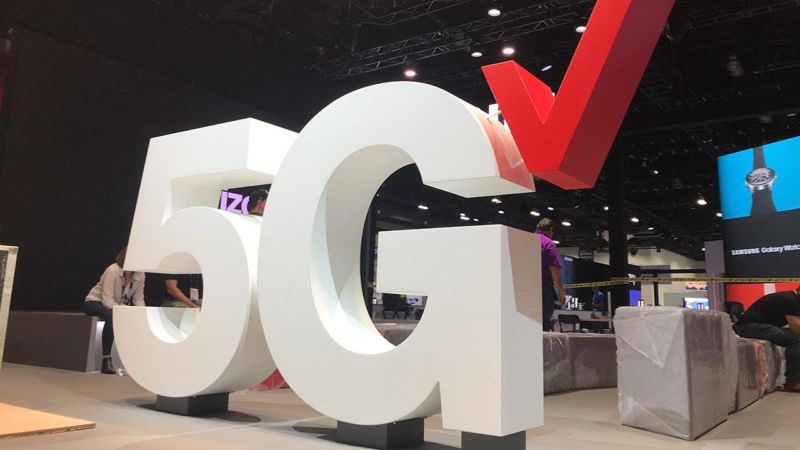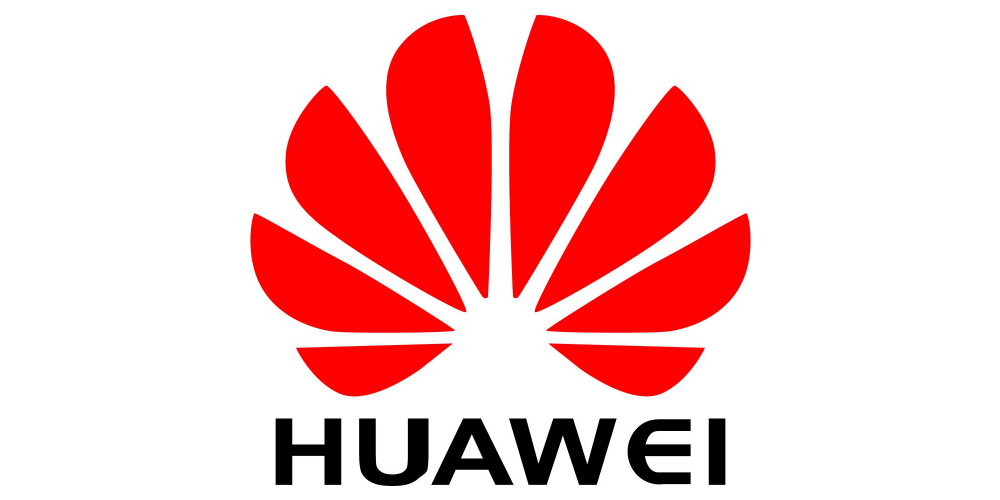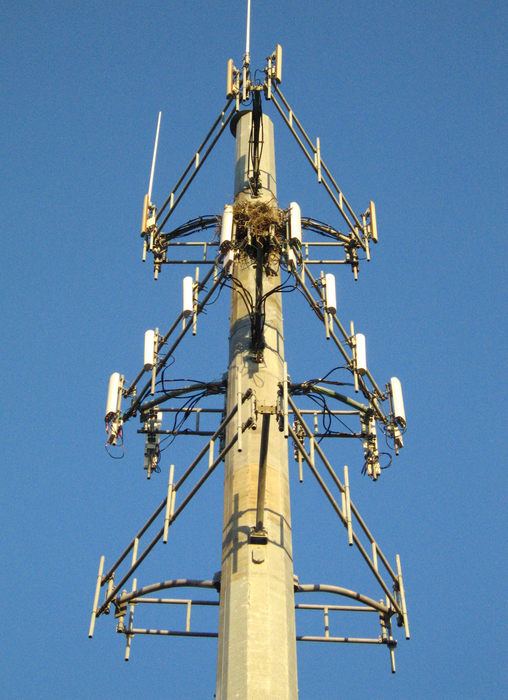
During his keynote address at the Oppenheimer technology, internet, and communications conference, Verizon consumer EVP Ronan Dunne spoke out on T-Mobile’s recent accusation that Verizon lacks strategy for their 5G development. “The first thing to understand is not all 5G is created equal,” he said, explaining “the broader the bandwidth you have, the available spectrum bandwidth you have, the more of the features and capabilities of 5G that you can enable.”
Dunne further explained that because carriers like T-Mobile are utilizing mid-band spectrum (which is better for penetration and provides good coverage but doesn’t offer the speeds that millimeter wave can provide), in many places 5G will be more like “good 4G service.” Verizon is using millimeter wave in urban areas but will use mid-band spectrum in outlying areas.










